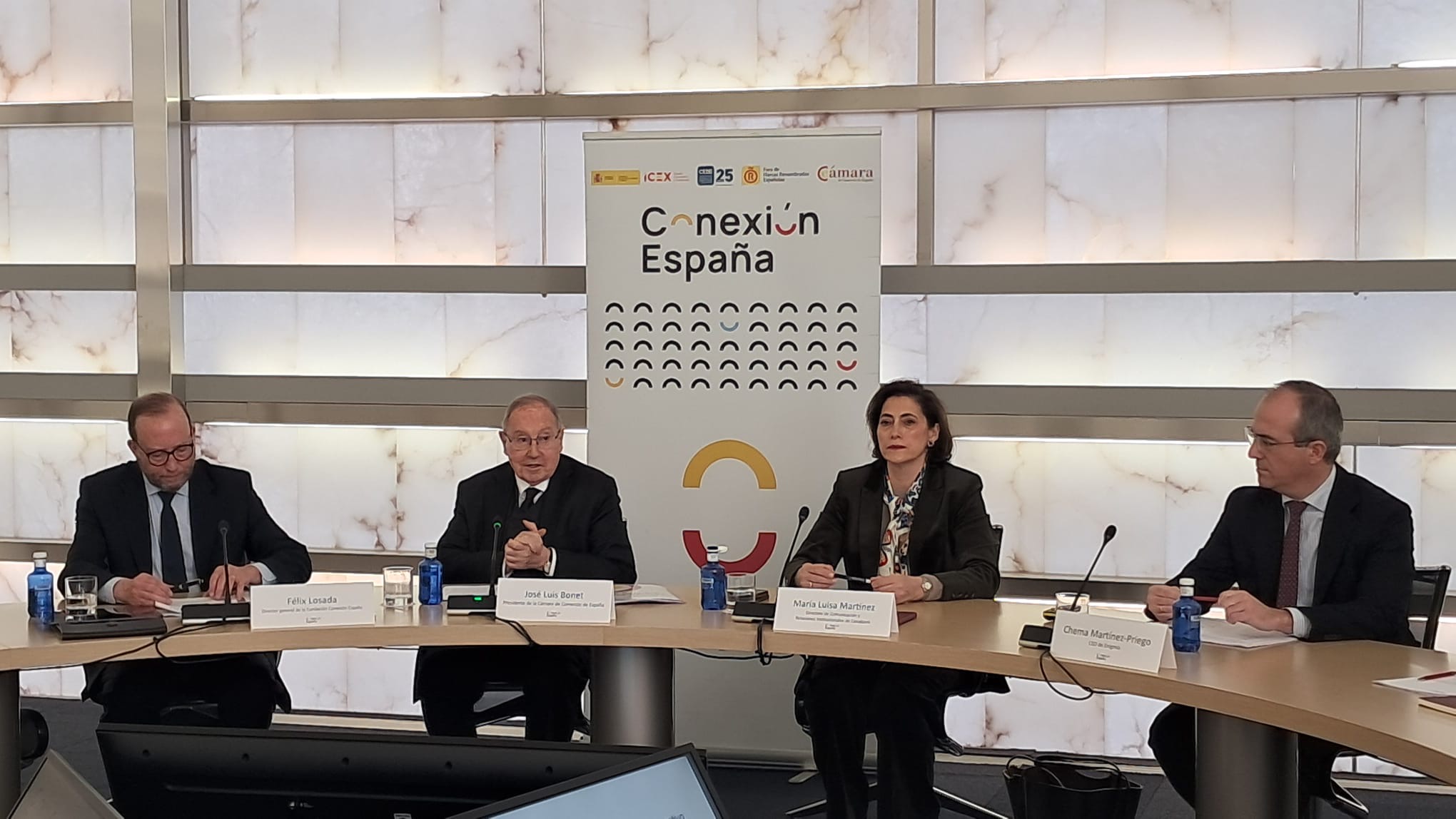ENIGMIA DIGITAL's Internal Information System, in accordance with Law 2/2023, of February 20, regulating the protection of persons who report regulatory violations and the fight against corruption.
What is it?
The Internal Information System from DIGITAL ENIGMA is an secure channel of participation which makes it possible to report any action or omission contrary to the principles of good governance and, in particular, any infringement of rules that may constitute a crime or a serious administrative infringement, as well as of European Union rules.
It includes mechanisms to guarantee the confidentiality of all information and offers a secure communication space that allows for anonymity to maintain contact with the company. We want to encourage any employee or person related to ENIGMIA DIGITAL may provide information freely, without suffering reprisals. It also incorporates tools for guarantee the rights of the persons affected by the information.
Channels
The Internal Reporting System integrates the different reporting channels to enable the submission of information regarding breaches of the Code of Ethics or mandatory protocols..
Depending on the type of information to be communicated, you can use the most appropriate channel among those made available by ENIGMIA DIGITAL. In particular, the following are enabled:
Ethical channel: to report violations of ENIGMIA DIGITAL's Code of Ethics that do not constitute harassment.
Anti-harassment and anti-discrimination protocol channel: to report behavior constituting workplace harassment or sexual or gender-based harassment.
For this purpose, the e-mail address is enabled: canaletico@enigmiacorp.com
Requirements
It is recommended that communications comply with the following requirements:
- Provide all available documentation on the situation being reported, or objective indications to obtain evidence, without being able to take action based on opinions alone. For this purpose, a form for communication is included.
- To be reasonably certain of the information being transferred.
- Communications that are unfounded or patently false will not be admitted.
How does it work?
Once the information has been received, an acknowledgement of receipt of the communication shall be sent to the informant within seven calendar days of receipt, unless this could jeopardize the confidentiality of the communication or the informant has expressly waived receipt of communications relating to the investigation.
The person responsible for the processing shall decide, within a period that may not exceed ten days from the date of entry of the information in the registry:
- Inadmit or admit the communication, informing the informant within five days of the decision adopted.
- To forward the information to the Public Prosecutor's Office when the facts could be indicative of a crime or to the authority, entity or organism considered competent for its processing.
Once the communication has been admitted, the investigation will include all those actions aimed at verifying the verisimilitude of the facts reported. The maximum time limit for responding to the investigative actions may not exceed three months from the receipt of the communication.
Once all the proceedings have been concluded, the instructor will issue a report, by virtue of which the Channel Manager will adopt one of the following decisions:
a) Filing of the file.
b) Referral to the Public Prosecutor's Office.
c) Adoption of an agreement to initiate a sanctioning procedure.
The time limit for finalizing the proceedings and providing a response to the informant, if applicable, may not exceed three months from the date the information is entered into the registry. Whatever the decision is, it will be communicated to the informant, unless it has been waived or the communication is anonymous.
Whistleblower protection
The Channel guarantees the confidentiality of the same, under the terms provided by law, as well as the protection of the rights of the informants and the denounced.
Persons who report or disclose wrongdoing are entitled to protection provided that they have reasonable grounds to believe that the information referred to is true at the time of the report or disclosure, even if they do not provide conclusive evidence.
Acts constituting retaliation, including threats of retaliation and attempts to retaliate against persons submitting a communication under this procedure are expressly prohibited.

